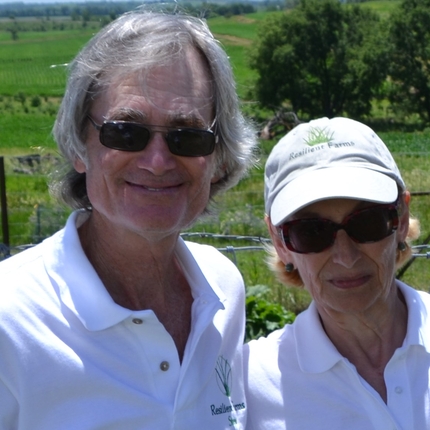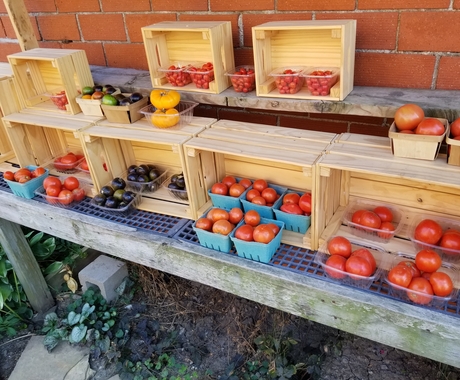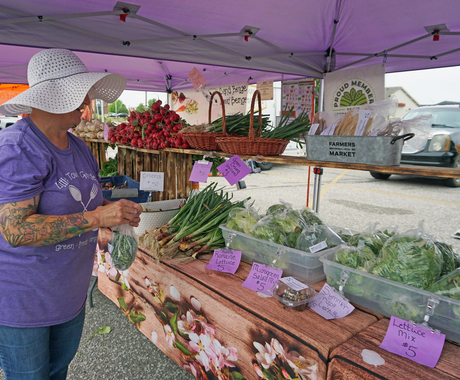By Maggie McQuown and Steve Turman, published in the Des Moines Register on Oct. 29, 2018
Congress, whether through dysfunction, neglect or some combination, has allowed the Farm Bill to expire.
This failure to act, besides leaving thousands of farmers and related businesses in limbo for planning purposes, has frozen conservation programs and all associated funding. The most important of those is in the Conservation Stewardship Program (CSP), which is a comprehensive, working lands incentivized approach to resource conservation.
The two versions of the new bill – House and Senate – vary greatly on conservation, especially CSP; we are waiting for Congress to reconcile them to create a unified bill for the president to sign into law. The House version of the Farm Bill proposes to eliminate CSP entirely by folding it into the Environmental Quality Incentives Program (EQIP), while the Senate version strengthens CSP and increases its funding. (Incidentally, the Senate version also improves coordination between CSP and EQIP and strengthens support for conservation from crop insurance. In addition, the Senate bill supports cover crops, advanced grazing management, and comprehensive conservation planning).
The CSP and other conservation programs are important to all of us, not just farmers, because they are part of what encourages sustainability in our human and animal food production – sustainability that is necessary for our long-term survival on this planet. This sustainability requires limiting the amount of soil lost from wind and water erosion and regenerating soil health, which enables soil to hold and filter water effectively and to require less chemical and energy “inputs.” CSP-supported practices like no-till, cover crops, diverse crop rotation, and others, aid these efforts. However, transitioning farm practices takes time to understand and accept, and requires resources to implement. Working lands conservation programs, like the CSP, incentivize and help speed adoption of healthy practices for many Iowa farmers and ranchers.
Maggie’s mom enrolled her farm in the CSP in 2004, when the program was new. When Maggie inherited the family farm in southwest Iowa in 2010, we had to decide what to do with it. We moved to the farm and focused on intensified conservation practices – prairie strips, cover crops, a riparian buffer, etc. The CSP was a foundation for and incentive to pursue these. In 2014, our operator agreed and welcomed the opportunity to renew the CSP contract, which expired this year. He stands to lose the CSP payments if the House version of the bill becomes law and he is unable to renew his CSP contract.
All these things are vital to making that transition to a more earth-friendly (people-friendly, farmer-friendly, and all-around life-affirming) agricultural enterprise. Government plays a critical role in guarding what is referred to as “the commons” – things that cannot be easily owned and used by the few but affect everyone – like air, water and soil. Rep. David Young has supported some important conservation measures in the past. We encourage him and all members of the House to work toward agreement with the Senate version to continue the CSP, with increased funding, in the new Farm Bill.
Maggie McQuown owns the southwest Iowa farm where she grew up. She graduated from Iowa State University. Her husband, Steve Turman, grew up in Texas and has rural family roots.




